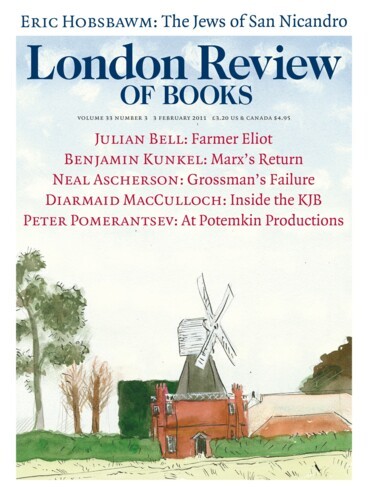Merce Sonnet
Narrative some dance is. Other not. Two opposite places to start
Telling stories: Graham, Martha. Take a name. Play a part.
Fame, on the other hand, Cunningham, Merce got, a lot,
by making the place of the proper noun empty but hot.
Improper (you could say) Merce dancers are nouns.
Rather – pronouns.
To uproot themselves is how they move from each location,
which of Antonin Artaud calls to mind a quotation:
‘To dance wrong side out again the dancer teach!’
Wrong side out, I see, your body cannot a story reach.
But why ‘again’? Again means when? In whose prehistory?
Let us inquire of ‘pronoun’ the etymology.
That the ‘pro-’ means ‘instead of’ no doubt you have heard.
But for saying ‘earlier, prior, before’ ‘pro’ is also the word.
Perhaps in this way came to us dancing –
very early, starry, stumbling, chancing,
that first into hour of air blueblack and bold
before of our names the terrible gusto took hold.
An example: late afternoon 1941.
Of Graham, Martha the technique class is almost done.
Outside are growing New York streets dark.
From Keller, Helen, today’s visitor, comes a legendary remark:
‘So light, like the mind,’ she says, with her hand on the waist
of a student (it is Merce) who does a few skips in place.
Kiss the pronouns. Early they are so. So are they frail.
Look sharp you can through the room see how they sail.
Why! a pronoun that dances is tangible for miles.
Even a deaf blind person will be wreathed in smiles.
Sonnet of the English-Made Cabinet with Drawers (in Prose)
Let’s think about varieties of enclosure – places to lock things away. Shakespeare’s sonnets have an inside-the-brain hush, as of a man reasoning with or confessing to himself. Some sonnets address a master, some a mistress, one a ‘master mistress’. These seem conjured presences, not a real person who stands there listening. Let’s think about varieties of listening. For perhaps the first fifteen years of their existence Shakespeare’s sonnets were private poems. Before the London bookseller Thomas Thorpe printed them in 1609 they circulated as manuscripts copied by hand, given from friend to friend. You might have kept yours in an English-made cabinet with drawers. Let’s think about varieties of ‘you’. If you are Helen Vendler you will be watching out for puns all the while you read all that Shakespeare wrote. Indeed the word ‘all’ in Shakespeare’s usage, according to Helen Vendler, can be a synonym for ‘everything’ or it can denote the masculine sexual apparatus. You may think this kind of surveillance has nothing to do with enjoying Shakespeare but then for him the word ‘nothing’ could be the opposite of ‘something’ or denote the feminine sexual apparatus. Of course most English-made cabinets had a secret drawer. My question about that would be, where did they keep the key to the secret drawer? in another drawer? even more secret? Is there such a thing as a pun of a pun? Have I told you that your face bewilders me? And that one day rummaging in your cabinet I opened your secret drawer by accident? Whether or not I found a secret there of course I can’t say. But it was shortly after that I patented my amazing invention, The Pronoun Stacktrain. The Pronoun Stacktrain can be assembled at home and comes with directions. The directions are in code. I’d give you the key to the code but then I wouldn’t have any refuge at all would I? I might panic like Marcel Duchamp’s first wife who got up in the middle of the night and glued all the chessmen to the chessboard.
Send Letters To:
The Editor
London Review of Books,
28 Little Russell Street
London, WC1A 2HN
letters@lrb.co.uk
Please include name, address, and a telephone number.

